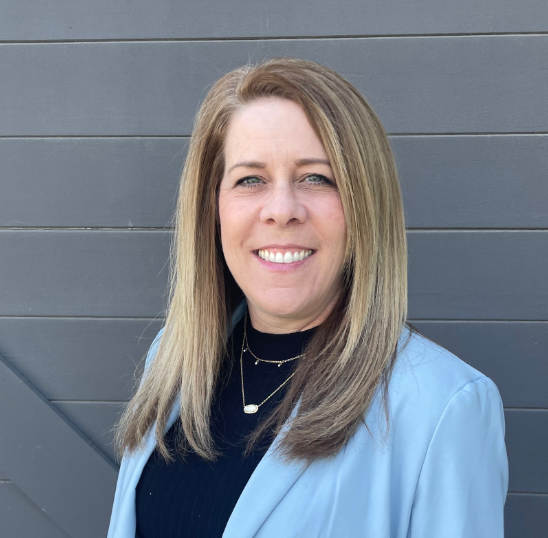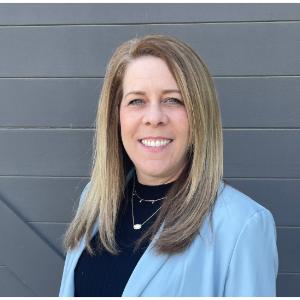Understanding Neurodiversity:
Embracing Differences in Relationships
This interactive session delves into the concept of neurodiversity, offering diverse perspectives on its significance—from viewing it as a problem to fix, to embracing it as a natural difference that calls for understanding. It explores how neurodiverse individuals—such as those with autism, ADHD, OCD, and other conditions—navigate relationships, including within the context of the church and marriage, particularly when faced with challenges like problematic sexual behavior. The goal is to foster supportive environments where neurodiverse individuals and couples can flourish, guided by a blend of faith and practical strategies.
Learning objectives:
1. Explain different perspectives on neurodiversity, including viewing it as a problem to fix versus a functional difference that requires understanding and acceptance.
2. Identify key neurodiverse conditions (e.g., Autism, ADHD, OCD) and their impact on relationships, both within marriage and the church community.
3. Recognize the biblical framework for embracing diversity, and apply it to support neurodiverse individuals in a relational context.
4. Implement practical strategies for improving relationships with neurodiverse individuals, focusing on empathy, communication, and behavioral adjustments, while integrating faith-based insights.


